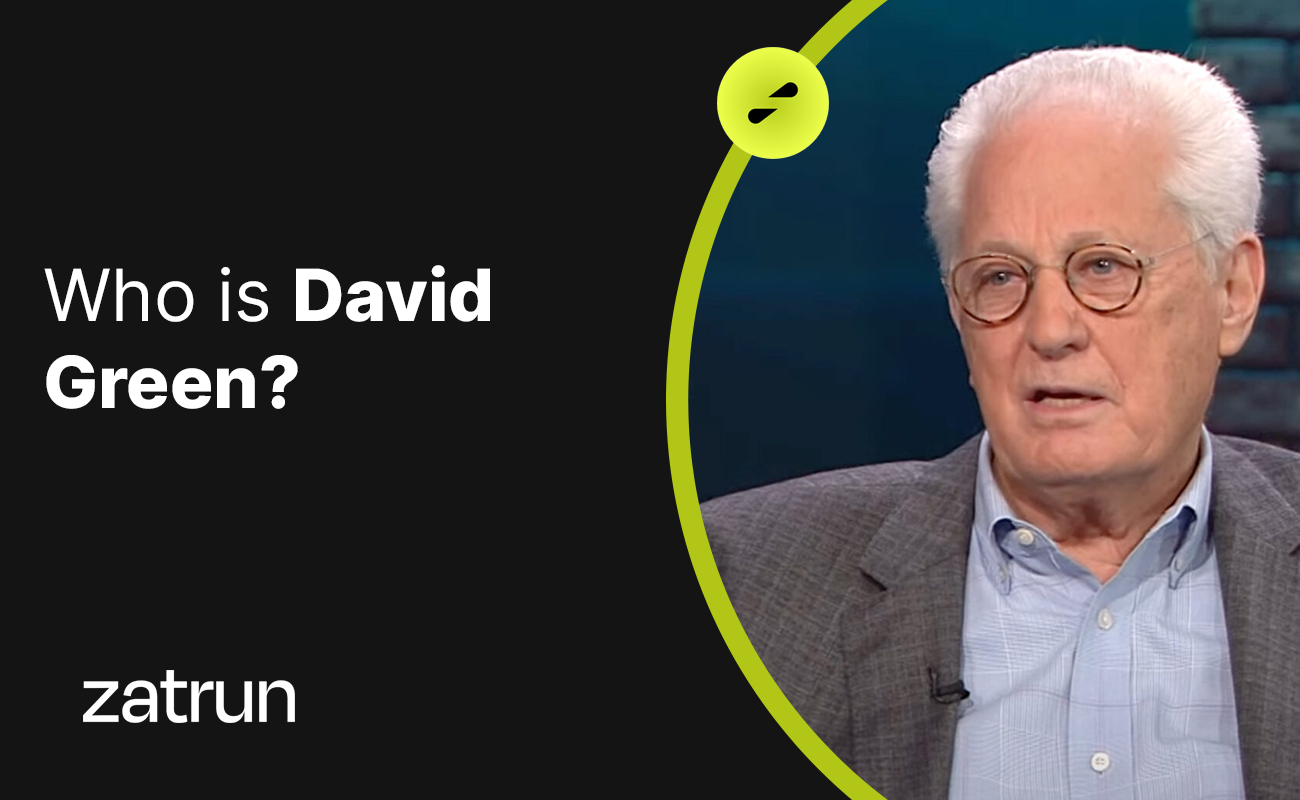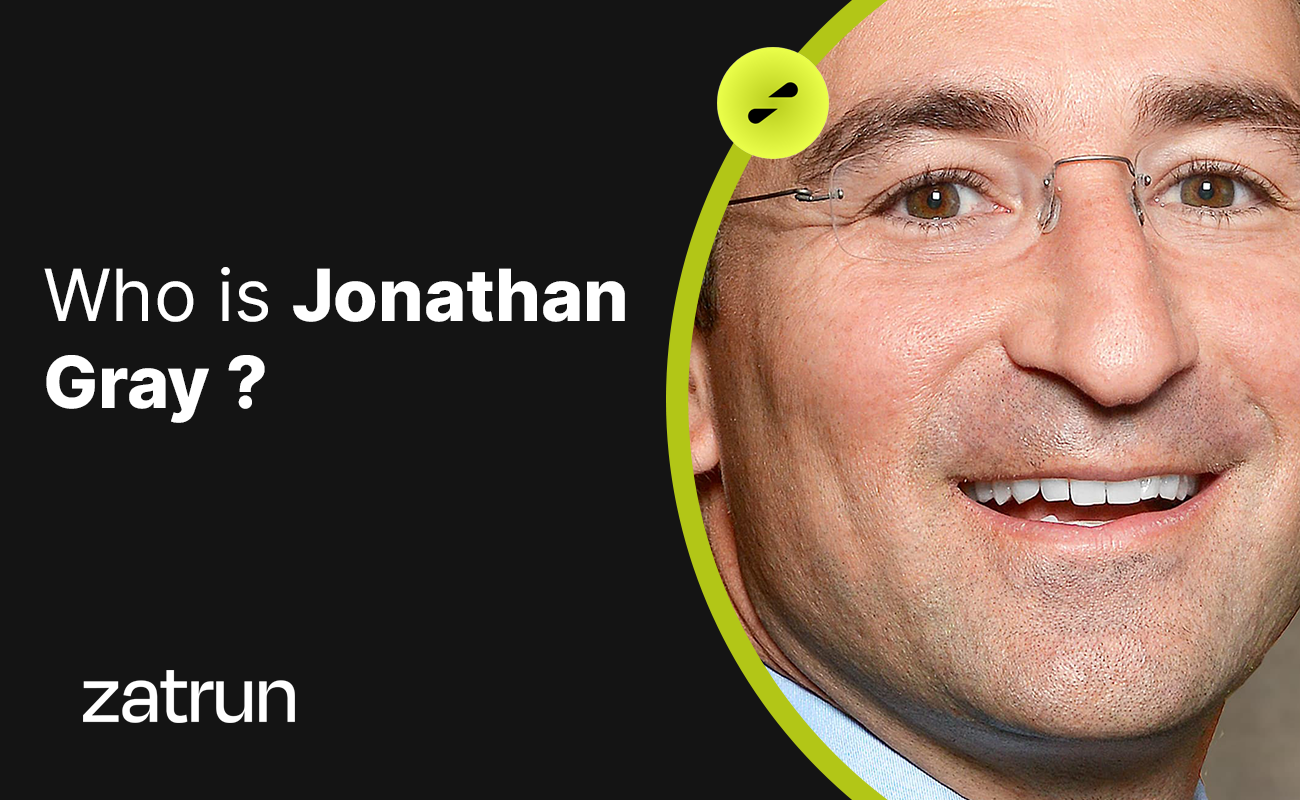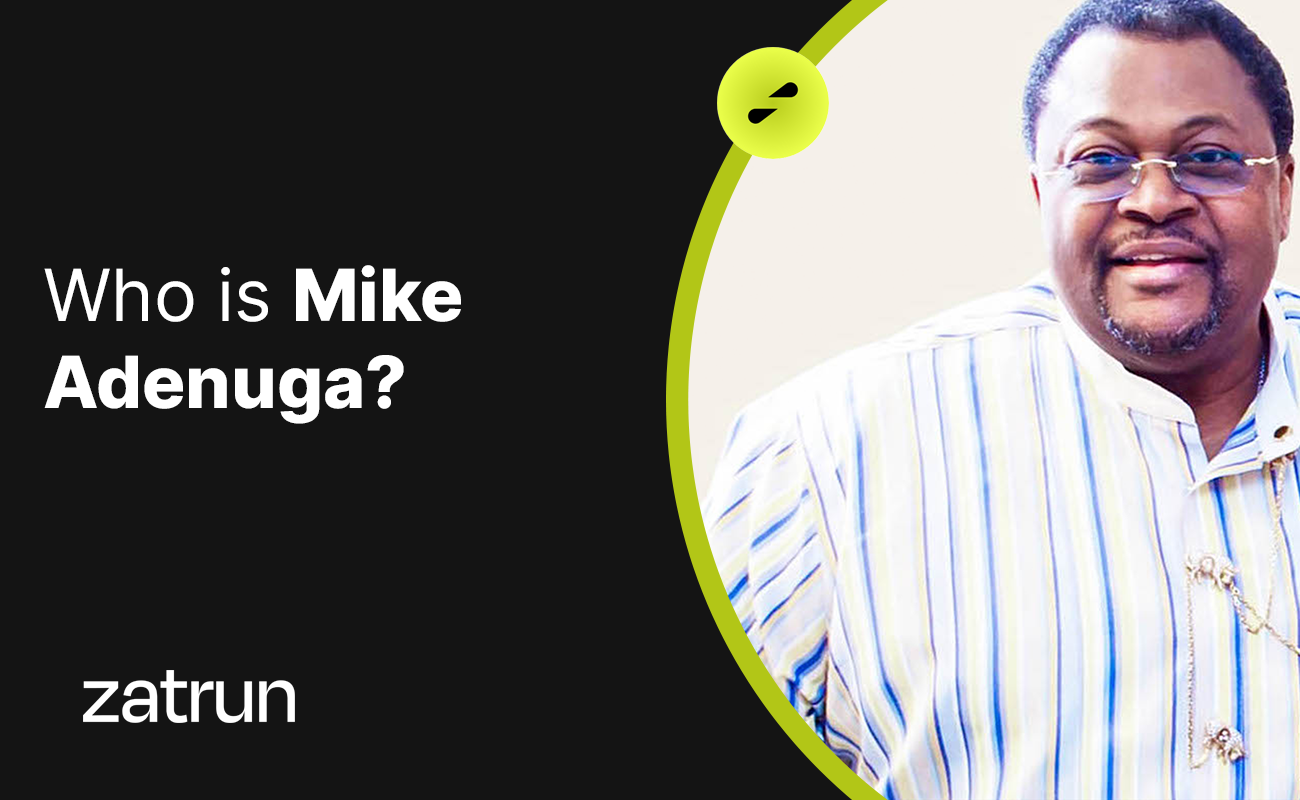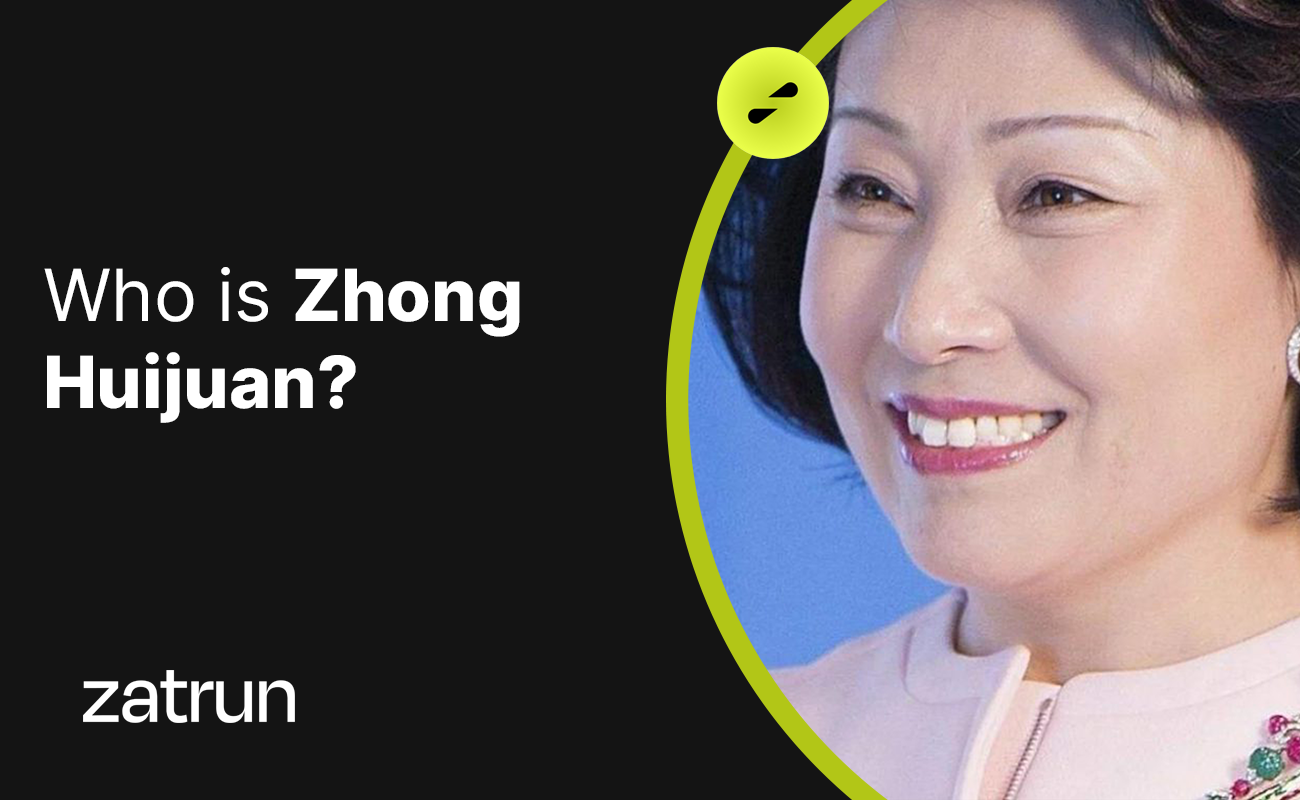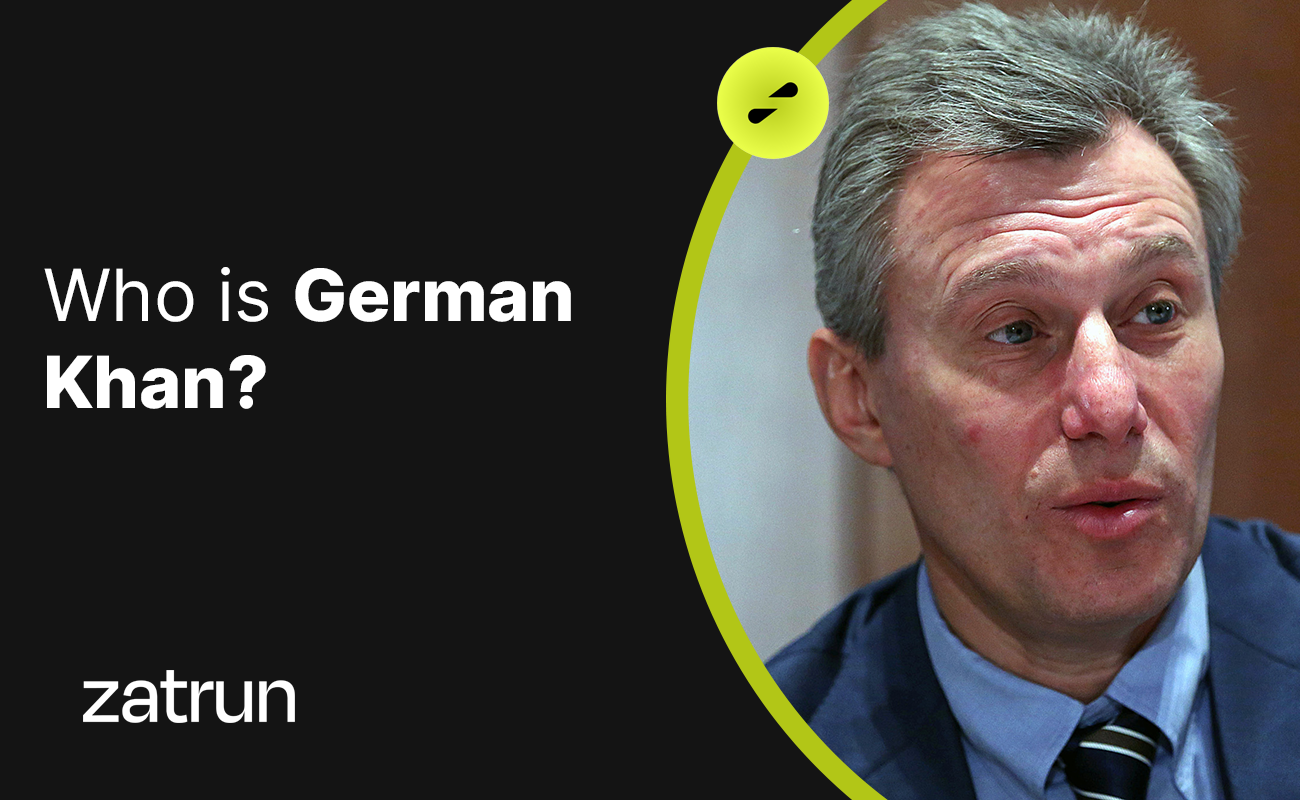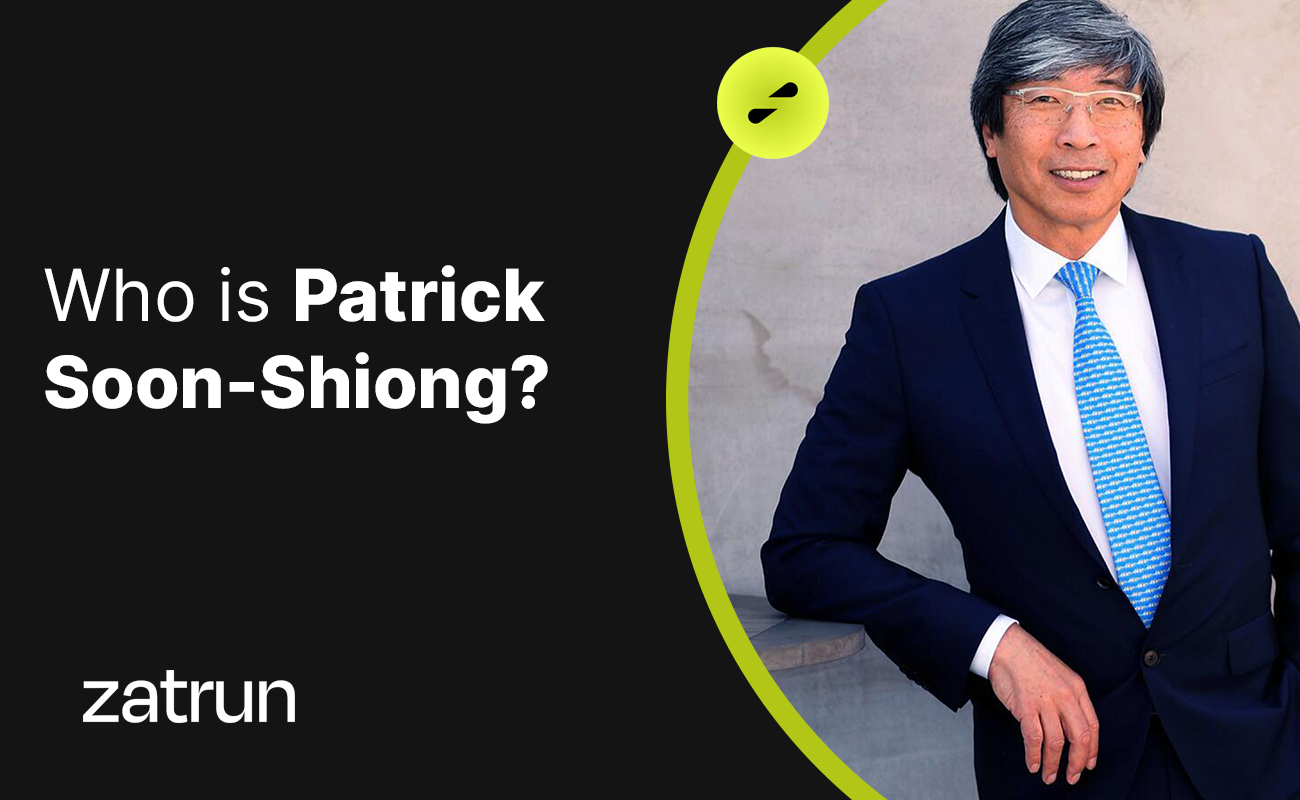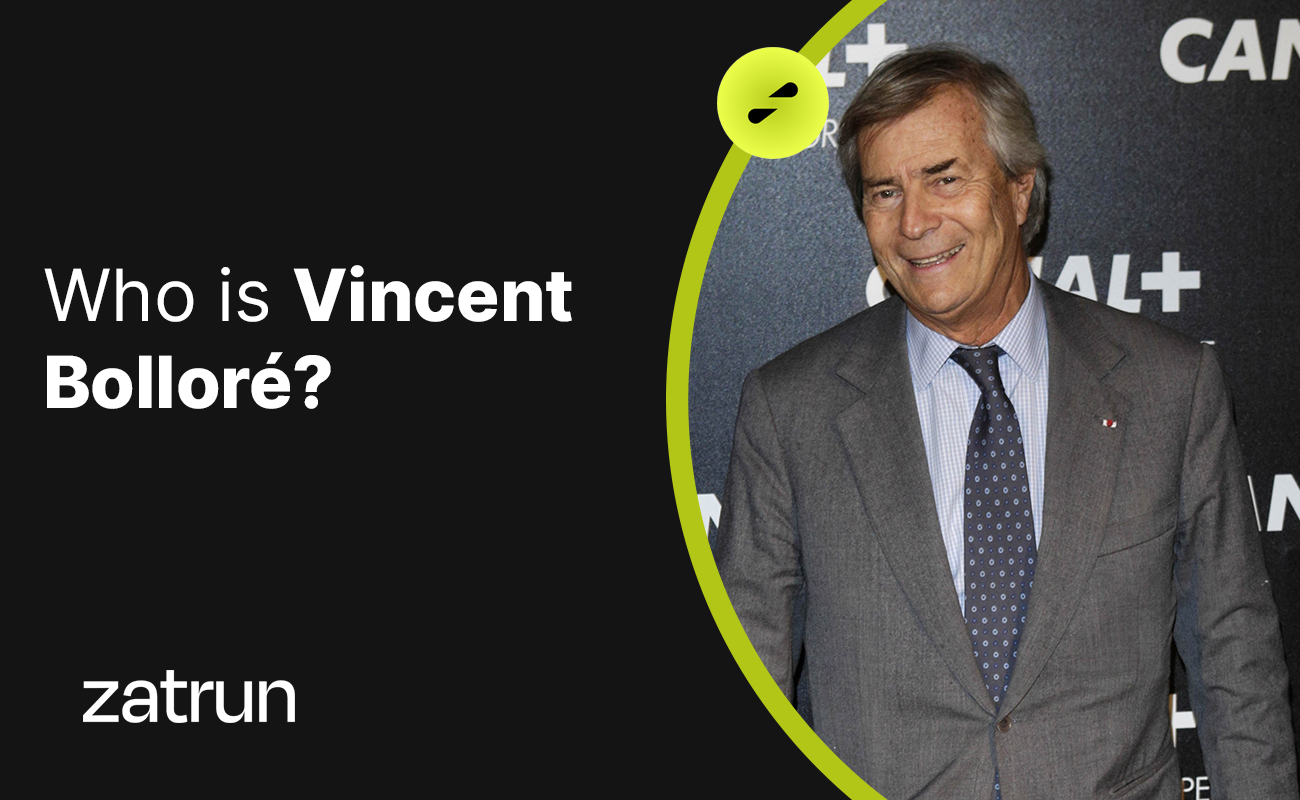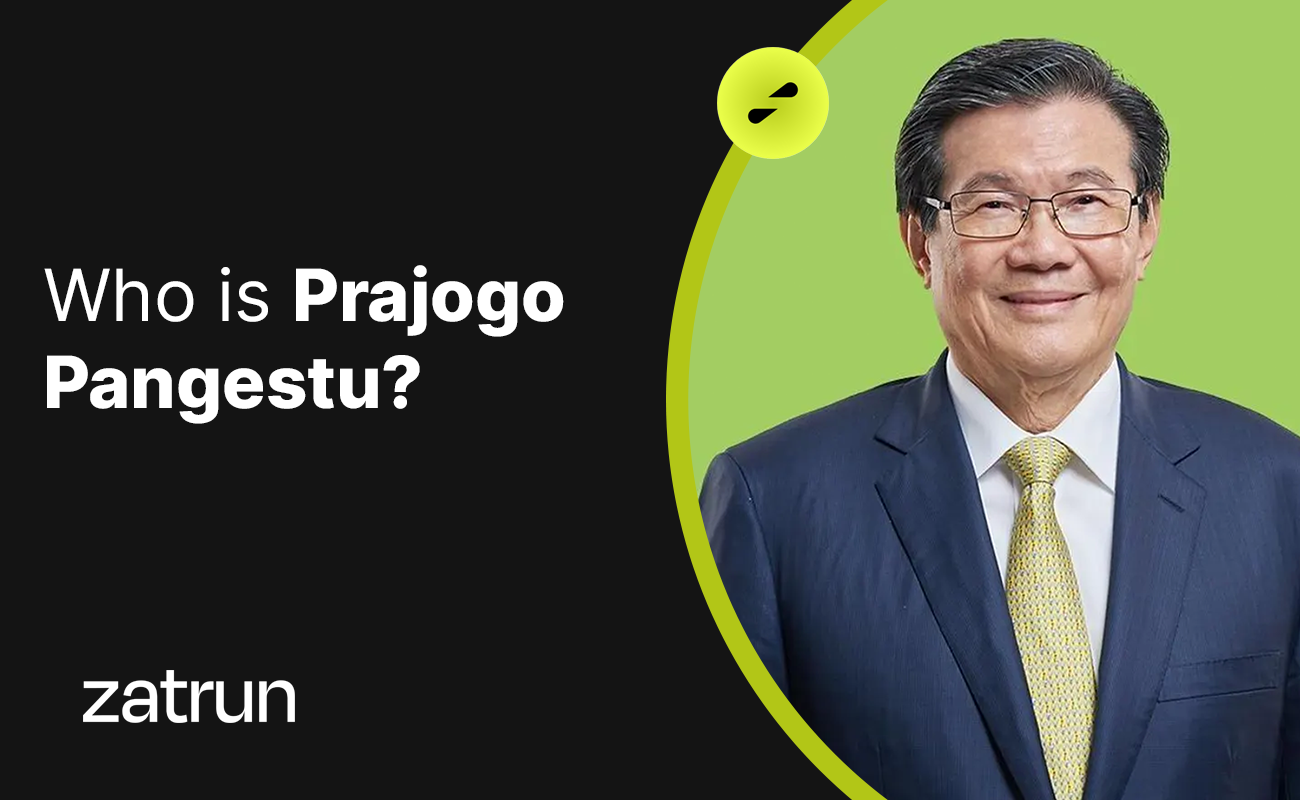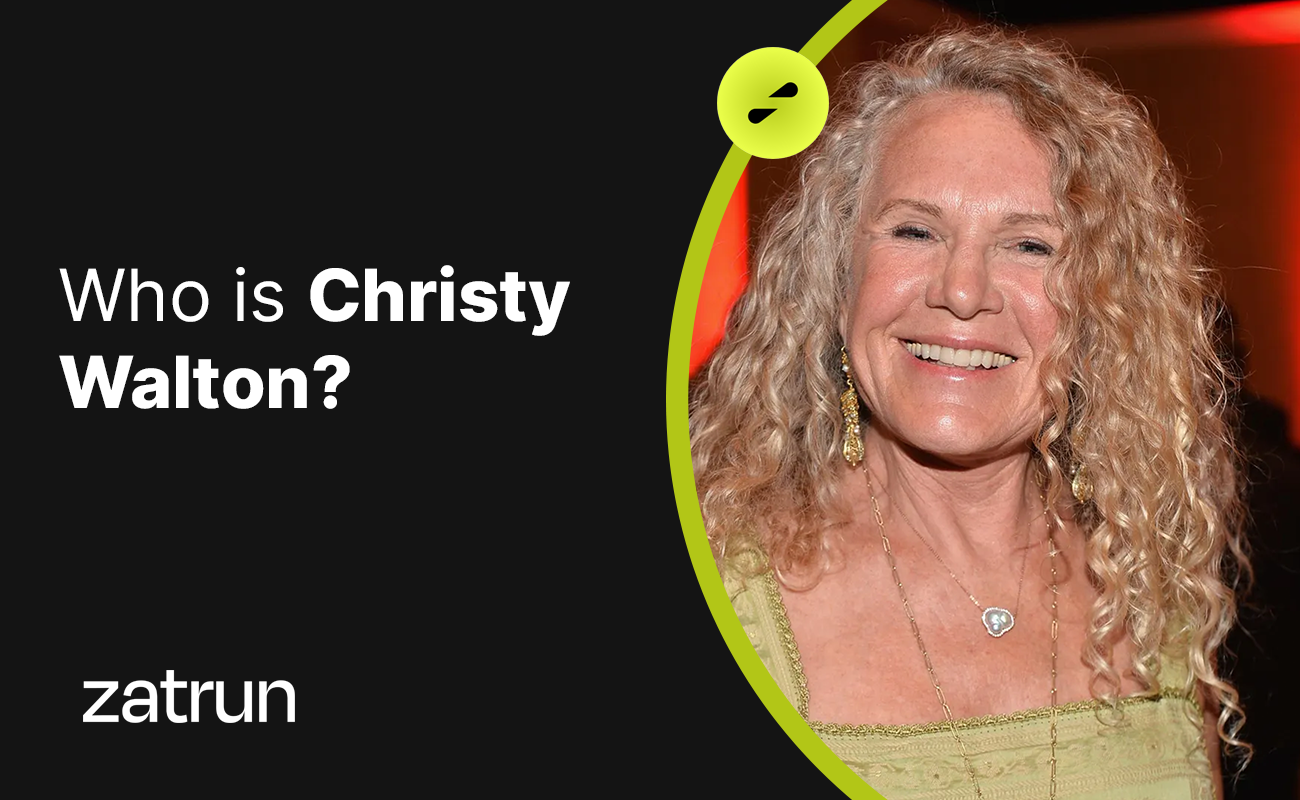Wee Cho Yaw, born in 1929, is not merely a Singaporean billionaire businessman but a visionary leader who has made an indelible mark in the world of finance and philanthropy. As the chairman emeritus and honorary adviser of the United Overseas Bank (UOB) and the United Industrial Corporation (UIC) in Singapore, Wee Cho Yaw’s contributions have been transformative. Moreover, he holds the position of chairman at the UOL Group. In this comprehensive exploration by zatrun.com, we delve deep into the remarkable life and career of Wee Cho Yaw.
A Remarkable Journey: Wee Cho Yaw’s Life and Early Career
Wee Cho Yaw’s journey began against the backdrop of historical and personal challenges. Born into a family deeply rooted in business and Hokkien heritage, his early life was marked by resilience. In 1937, as the Sino-Japanese War escalated, Wee and his family fled to Kuching in Borneo, seeking refuge. He lived with the family of his father’s first wife before relocating to Singapore. His educational journey led him to Gong Shang Primary School and The Chinese High School, shaping the foundations of his future endeavors.
The disruptions caused by the Japanese invasion during the Sino-Japanese War halted his education temporarily. During the Japanese Occupation, Wee spent most of his time with his family in Karimun, Indonesia. His return to Singapore after the war marked a pivotal moment, where he enrolled at Chung Cheng High School. Wee became involved in anti-colonial politics during his school years, which drew the attention of British authorities. Consequently, his father decided to withdraw him from school.
Wee’s early career commenced in 1949 when he joined Kheng Leong, a family-owned business dealing in commodities such as rubber, pepper, and sago flour. Working closely with his father, he assimilated the intricacies of the business world, benefiting from his father’s extensive network. In 1958, Wee achieved a significant milestone when he became the youngest director on the board of the United Chinese Bank (UCB), founded by his father in 1935. Seeking to expand his horizons, Wee spent time in London studying the operations of a British bank before returning to UCB.
Wee Cho Yaw’s entry as managing director of UCB in 1960 marked a turning point for the bank. Prior to his leadership, UCB primarily engaged with local businesses. Wee’s vision propelled the bank into foreign exchange and international trade financing. In 1964, UCB applied to open a branch in Hong Kong, necessitating a name change to United Overseas Bank (UOB) from January 1965 to prevent naming conflicts. Wee’s tenure saw substantial growth in trade financing, authorized capital, issued capital, loans, and assets.
The era under Wee’s leadership witnessed UOB’s rapid expansion. The bank not only expanded its branch network within Singapore but also ventured into international markets. Furthermore, it diversified its offerings into finance, property, insurance, real estate, trustee and executor services, lease financing, and merchant banking. UOB went public in 1970, and a year later, Wee was appointed as vice-chairman. Notably, in 1971, UOB acquired 49.8% of the Chung Khiaw Bank, significantly expanding its presence. Wee considered this acquisition one of the most pivotal moments in UOB’s history as it marked the bank’s entry into the broader Asian market.
The 1980s brought continued growth as UOB acquired Far Eastern Bank and the Industrial and Commercial Bank. During this period, Wee diversified UOB’s interests into stockbroking, fund management, futures trading, and real estate, including hotels and shopping malls. The Business Times recognized Wee as Singapore’s Businessman of the Year for 1990 and 2001. The ASEAN Business Forum named him the ASEAN Businessman of the Year in 1995.
Wee Cho Yaw, while critical of the government’s liberalization plans for Singapore’s banking sector, successfully restructured UOB’s operations to face the increased competition in the industry and continue expanding across the region.
In 2001, UOB made a significant move by acquiring the Overseas Union Bank (OUB) in a notable S$10 billion cash-and-shares deal. Wee’s decisive approach allowed UOB to outbid competitors, including the government-linked DBS. This acquisition was deemed crucial to UOB’s survival, and Wee’s vision for the bank.
Wee’s journey was not without challenges, particularly in the mid-2000s when he faced the task of maintaining his family’s control over various companies within the UOB group amid restructuring mandates. These mandates required banks to reduce their shareholdings in non-core businesses to specific levels. Wee’s strategic maneuvers enabled him to safeguard UOL and UIC, maintaining his family’s influence over UOB and its core business.
In 2006, Wee was honored with the inaugural Credit Suisse-Ernst & Young Lifetime Achievement Award for his pioneering contributions to Singapore’s financial industry. His status as the highest-paid local banking executive was acknowledged with a remuneration of S$9 million to S$9.25 million in 2006.
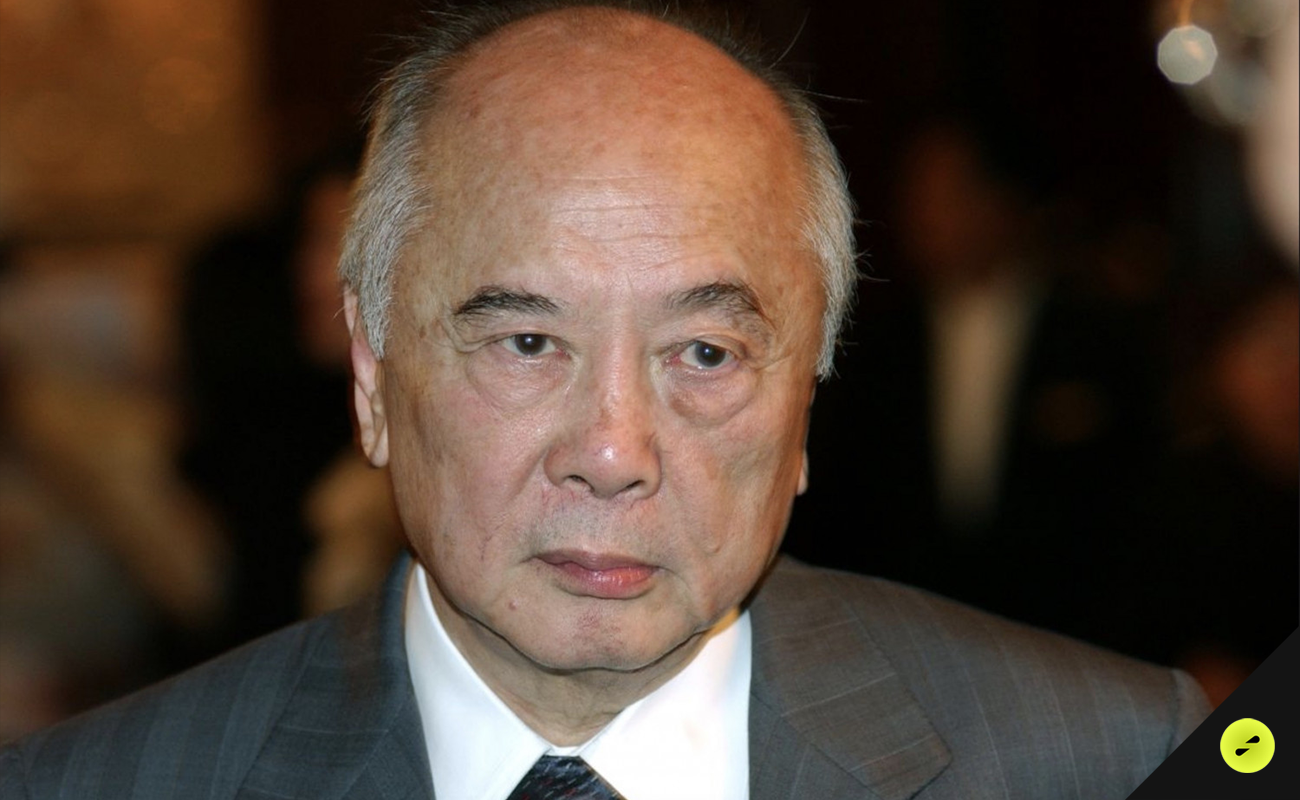
The Banking Giant: Wee Cho Yaw’s Legacy at UOB and Philanthropic Contributions
Wee stepped down from the role of UOB’s chief executive officer at its 65th annual meeting in April 2007. He was succeeded by his eldest son, Ee Cheong, but remained as the chairman of UOB. Under Wee’s leadership, UOB had become Singapore’s largest bank by market capitalization, boasting over 500 branches and offices across 18 countries.
Wee Cho Yaw has been actively involved in various affiliations and organizations throughout his career. He served on the Economic Development Board, the Currency Board, and as chairman of the Singapore Science Centre board. In 1971, he was elected as the first president of the Singapore Chinese Chamber of Commerce, later known as the Singapore Chinese Chamber of Commerce and Industry (SCCCI), where he served two separate terms.
Wee’s contributions extended to the ASEAN Chambers of Commerce and Industry, which he headed from 1972. He played a pivotal role in the Hokkien Huay Kuan and was a founding president of the Singapore Federation of Chinese Clan Associations (SFCCA), an umbrella organization for 190 associations. Furthermore, Wee was a driving force behind the formation of the Chinese Development Assistance Council (CDAC) in 1992 and served as the chairman of its board of trustees.
Recognition for Wee Cho Yaw’s outstanding contributions came in the form of the Bintang Masyarakat Bakti (Public Service Star) awarded by the Singapore government in 1971. He was named Singapore Businessman of the Year in both 1990 and 2001. In 2006, his exceptional contributions to the banking sector earned him the inaugural Credit Suisse-Ernst & Young Lifetime Achievement Award. In July 2008, the National University of Singapore awarded him an honorary doctorate in recognition of his accomplishments.
Wee Cho Yaw’s remarkable journey also extends to his philanthropic endeavors. In 1970, he was appointed chairman of the Nanyang University council and played a key role in modernizing the university’s curriculum and adopting English as the medium of instruction. After the merger of Nanyang University with the University of Singapore in 1980, Wee continued to contribute by serving on the council of the newly formed National University of Singapore. In 2004, he assumed the role of pro-chancellor of the Nanyang Technological University (NTU).
Notably, in February 2009, the Wee Foundation was established with an initial endowment of S$30 million from the Wee family. This charitable foundation is dedicated to supporting education and welfare for the underprivileged, promoting Chinese language and culture, and fostering social integration. In recognition of his outstanding contributions, Wee received the Darjah Utama Bakti Cemerlang (Distinguished Service Order) in August 2011 for his work with the Singapore Federation of Chinese Clan Associations (SFCCA) and his role as pro-chancellor of NTU.
Wee Cho Yaw’s involvement in education continues as he chairs the joint School Management Committee for Chung Cheng High School (Main), Chung Cheng High School (Yishun), and Nanyang Junior College. Additionally, he holds the chairmanship of Singapore Hokkien Huay Kuan, further emphasizing his dedication to education and community development.
Wee’s contributions to society extend far beyond his business achievements. His commitment to education, culture, and the well-being of the underprivileged demonstrates his philanthropic spirit. As of May 2021, Wee’s net worth was estimated at US$9.47 billion, according to the Bloomberg Billionaires Index, solidifying his position as one of the wealthiest individuals in Singapore.
Wee Cho Yaw’s journey serves as an inspiration to aspiring entrepreneurs and philanthropists, highlighting the remarkable impact one person can have on both the business world and the community. His legacy is a testament to the power of vision, dedication, and unwavering commitment to creating positive change in the world.
In conclusion, Wee Cho Yaw’s life and career have been nothing short of extraordinary. From his early challenges to becoming a visionary leader in the world of finance and a dedicated philanthropist, Wee’s story is a source of inspiration. He has not only transformed the landscape of banking but has also left an enduring impact on education, culture, and social welfare. Wee Cho Yaw’s journey is a testament to the transformative power of resilience, dedication, and the pursuit of excellence.


